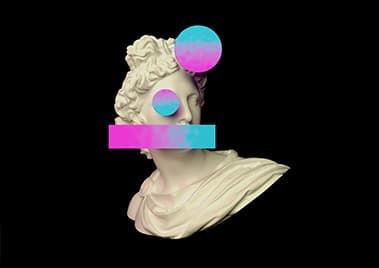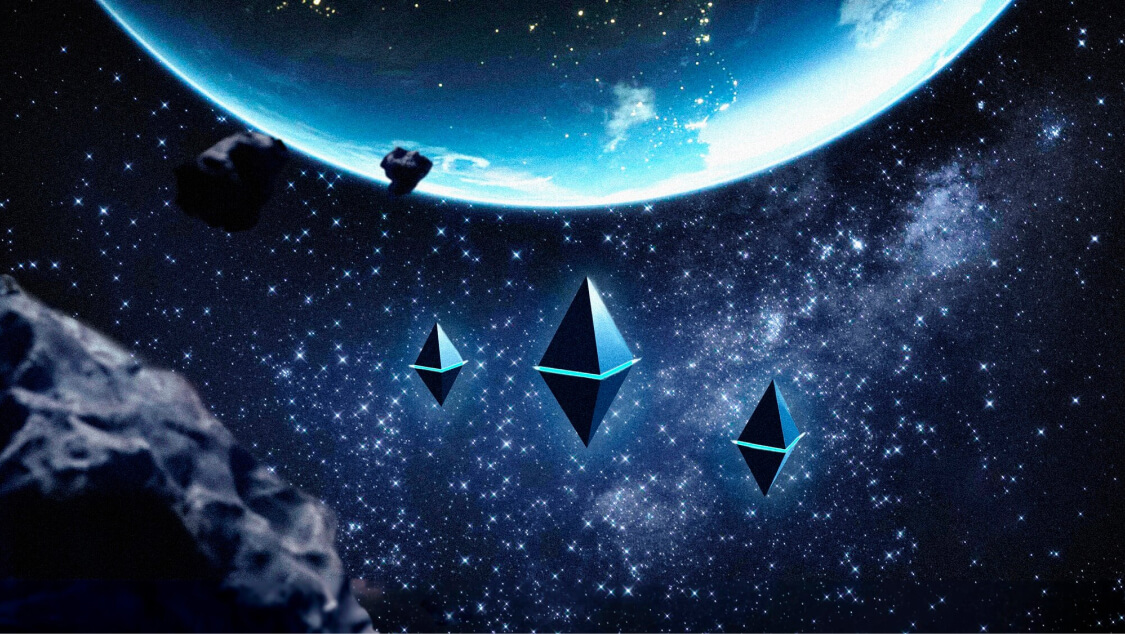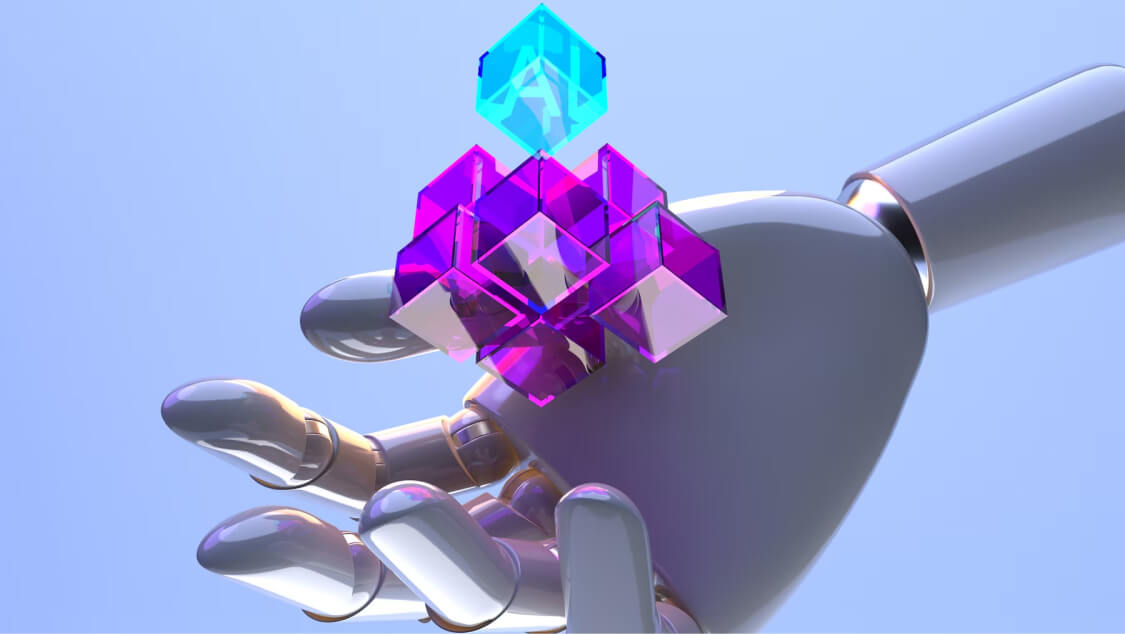What is this NFT that Kings of Leon released their album as? Christie’s sold a JPG file made by Beeple for $69.3 million, and that Jack Dorsey turned his first tweet into and sold for nearly $3 million?
NFT stands for Non-Fungible Token. Not clear?
Anything that is ‘fungible’ can be interchanged for an identical item. For example, a bitcoin can be replaced for another bitcoin, and a note can be exchanged for another note and so on. So non-fungible is anything that can’t be substituted for anything identical (equivalent) — for instance, a Pokemon card, a music clip etc. No two Pokémon cards or music clips can be identical and thus cannot be interchanged (of course, they can be copied, but they won’t be original).
What is an NFT?
Non-fungible tokens represent the ownership of non-fungible items on the blockchain. Like non-fungible items, non-fungible tokens cannot be exchanged for one another. Every token is unique and represents the ownership of unique artwork. Anything from art, music, video, text can be turned into an NFT.
The whole point of NFTs is to solve one of the most pressing issues of the global collectables market worth over $300 billion — Counterfeiting.
In a world where blockchain wasn’t a thing, it was a tough grind to ensure the authenticity of any art piece, increasing the chances of forgery. But being built on the blockchain, NFTs can’t be counterfeited. You can easily trace back to the owner of an NFT and quickly find out how many hands it has changed. It also ensures that anybody will be immediately caught if they fake an NFT.
With NFTs around, no one can sell you a fake Hussain painting, nor can anybody duplicate the pokemon card you hold and sell it as original because the blockchain knows it all.
Accelerating the Creator Economy
Okay, so NFTs are just another use case of the legendary blockchain tech. But why is it getting so much clout?
If you know what ‘creator economy’ is, you automatically know why NFTs are important. But just to spell it out for you — The creator economy is an economy run by creators. It is the age of creators, the one that we are living in. It includes everyone from social media influencers to community builders and content creators.
Every year thousands of new content creators join this force, and it is only getting stronger. NFTs are for these people and the fans that love and support them, basically for everyone. This is the sole reason why NFTs have garnered immense attention even outside the cryptosphere. We have seen big brands and celebrities like Marvel and Wayne Gretzky launch their own NFTs for traditional collectors not targeted towards the cryptizens.
How Does It Help Creators?
1. Gives a Market for Everything
You can ‘Sell Anything’ as an NFT. Want to sell a rock painting? Possible. Digital toilet paper, oh it happened, a tweet or any form of text? Hell yes!
NFTs enable all kinds of artists to sell their unique artwork in an open market for anybody to buy, irrespective of how big or small you are. It gives you a global market for artwork for which there otherwise wouldn’t have been a market for.
2. Ownership of Asset
Ownership of an artwork is a struggle for artists; there is a constant debate for artists to earn royalties from their artwork. NFTs are built so that this is not even a question. Original creators earn royalties every time the NFT changes hands, giving them a sense of actual ownership. Royalty ensures that the original owner benefits if an NFT explodes in value.
Additionally, the blockchain also stores all data about the transfer of NFTs.
3. Enables Community Building
NFTs can also be launched as a collection, each piece of the collection sharing a similar aesthetic. The owners of such types of NFTs can be identified as loose communities. For example, the Bored Ape Yacht Club, a billion-dollar ecosystem of a collection of 10,000 NFTs. The tribe is eligible to receive special perks from the creators.
Besides that, buying directly from the creator also forms a strong connection between creators and their fans.
Are NFTs overhyped?
A one-line answer to this would be — If you think the creator economy is overhyped, then so are NFTs.
But to explain ourselves a bit better, take this with a pinch of salt. At the moment, because it is a relatively new concept, NFTs may be getting more than usual attention. People maybe a little too excited about it causing random buying, but over the long run, this will settle down. And people would become more conscious about it. But it should not take away from the fact that it is a really good use case.





